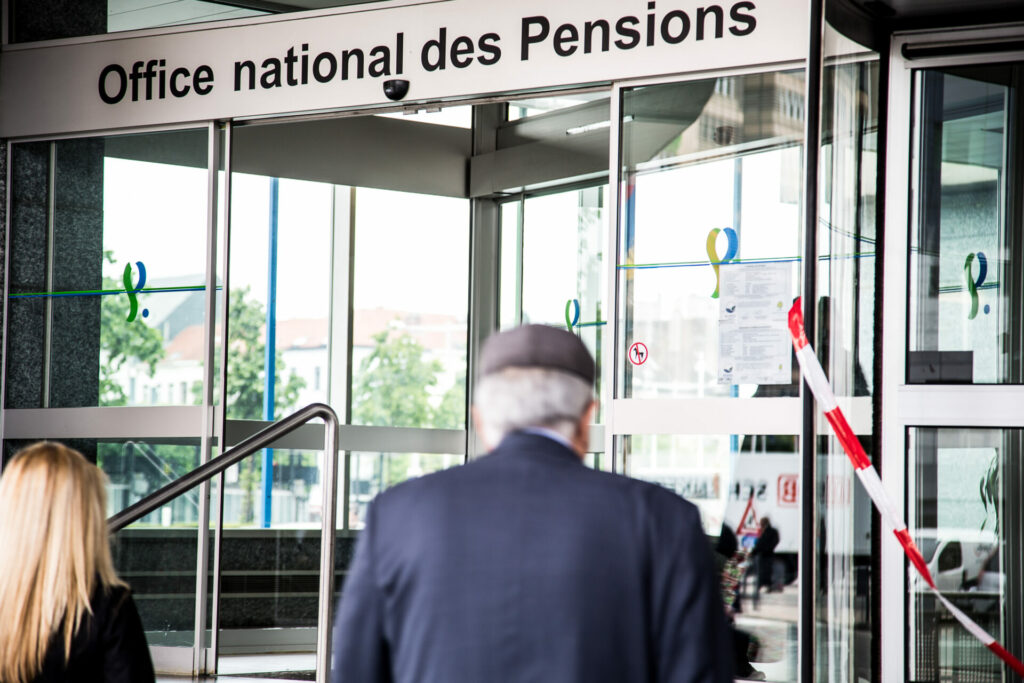Of all countries in the industrialised world, elderly people in Belgium are most dependent on their statutory pensions. This further highlights the major challenge posed by its greying population.
In Belgium, 86% of the income of over-65s comes from public funds and government benefits, a study by the Organisation for Economic Cooperation and Development (OECD) revealed this week. By comparison, the average of the 31 OECD countries is 57%.
In the Netherlands, just 43% of pensioner income is from public funds and benefits as the second and third pension pillars (insurance and pension savings) play a much more important role. In Belgium, these are paid out in lump sums, but overall, pensions are mostly highly dependent on the working population.
The difference with other neighbouring countries Germany (68%), France (78%) and Luxembourg (83%), where the effective retirement ages are comparable to Belgium, is much smaller.
An older, smaller population
The report highlighted that over the next 30 years, public spending on pensions in Belgium will rise significantly. Currently, around 12.2% of GDP is spent on pensions. By 2060, this is projected to rise to 15.2%. This will push Belgium into third place in the list of 38 OECD countries, after Slovenia and Luxembourg.
Across the OECD, public pension expenditure is expected to increase from 8.9% of GDP on average in 2020-23 to 10.3% of GDP in 30 years.
These figures come one month after a recent analysis by the National Bank of Belgium (NBB) showed that Belgium's soaring pension spending "poses a significant risk" to its long-term financial sustainability.
The NBB pointed to the young age at which Belgians leave the labour market – the Belgian average is 61.1 years among men and 61.3 among women, among the lowest in the OECD – but also the relatively low employment rate, both among the working-age population and the over -65s.
Related News
- Pensions pose 'significant risk' to Belgium's financial stability, National Bank warns
- Belgium's budget deficit to reach €30 billion by 2024
In the face of the ageing population, the country has done little to control pension spending. Critics have argued that the latest reform, which the government agreed after lengthy discussions and would reduce Belgium’s ageing cost by 0.5% of GDP by 2070, is not the necessary reshaping of the system that is needed to continue financing it.
In Belgium, there is also a cultural component at play with elderly people believing they have done their part the moment they retire. By comparison, in Germany, Sweden, Ireland and Switzerland, among others, older people derive a larger share of their income from work. Here, the combination of a pension with additional earnings is encouraged more strongly.
The NBB called on policymakers to increase the proportion of Belgian workers over the age of 65 who are active in the labour market. This, it claimed, will "simultaneously reduce pension expenditure, increase GDP, and lower the risk of pensioner poverty".

